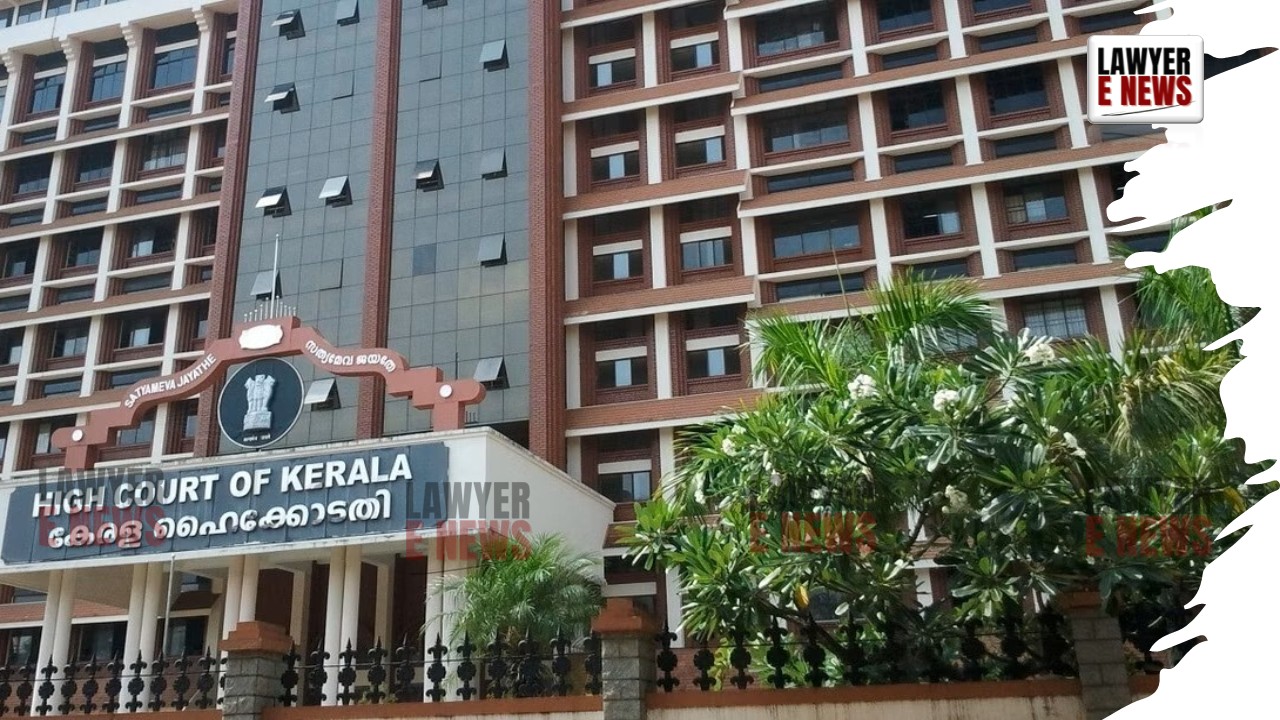-
by Admin
18 February 2026 2:25 PM



“Public Prosecutors Don’t Hold Civil Posts — Their Selection Must Be Transparent, Consultative, and Shielded from Political Arbitrary Power” — In a milestone verdict for judicial independence and criminal justice administration, the Kerala High Court declared that appointments to the post of Public Prosecutors under Section 18 of the Bharatiya Nagarik Suraksha Sanhita, 2023 (BNSS) must be made strictly in consultation with and giving primacy to the opinion of the District Judge. The Court also held that the 1978 Government Law Officers Rules do not apply to Public Prosecutors, as they do not hold public or civil posts.
Delivering the judgment, Chief Justice Nitin Jamdar and Justice Ziyad Rahman A.A. cautioned: “Though the appointment is by the State, there is no free charter — the BNSS mandates effective consultation with the District Judge. Any internal State guideline diluting this would be contrary to law.”
Court Criticizes Poor Prosecutorial Standards, Stresses Reform
The proceedings arose from a suo motu writ petition initiated in 2021, after the High Court observed that: “Criminal trials were being seriously affected by the lack of competent Prosecutors, who at times failed to follow even the basic procedure.”
Despite Supreme Court warnings over two decades ago about the quality of prosecution affecting rule of law, the Bench found: “There was no uniform or credible process of selection; Public Prosecutors were being appointed under outdated rules framed in 1978, which do not even apply to their post.”
Public Prosecutors Are Legal Professionals, Not Government Servants
Referring to Johri Mal v. State of U.P., the Court reiterated: “The Public Prosecutor does not hold a civil post. He is a legal professional engaged for a statutory purpose. His appointment is not governed by service rules or Article 309.”
Consequently, the Court held that the Kerala Government Law Officers (Appointment and Conditions of Service) Rules, 1978 framed under the Kerala Public Services Act, 1968, were inapplicable to Public Prosecutors appointed under Section 18(3) of the BNSS.
Consultation with District Judges Is Not a Formality — It Is the Heart of the Process
Citing Mundrika Prasad Singh, Johri Mal, and Brijeshwar Singh Chahal, the Court stressed: “Consultation with the District Judge is not a procedural formality. It is a substantive requirement, ensuring that professional competence and courtroom ability are prioritized over political affinity or executive preference.”
“Any deviation from this would render the process violative of Article 14 of the Constitution.”
The Court adopted the 197th Law Commission Report, which warned that State-led unilateralism in prosecutorial appointments undermines justice and constitutional norms.
Vacancies and Delay in Appointments Also Addressed
Highlighting the serious crisis of unfilled posts, the Court noted: “Currently, 18 Public Prosecutor positions are vacant in Kerala. In 14 courts, the post itself has not been created. There were 38 occasions in the past five years where vacancies lasted more than two months.”
The Bench expressed concern that new courts were being set up without corresponding prosecutorial posts, citing the example of the Fast Track Court at Muvattupuzha, which had no Prosecutor for a year.
“Assigning temporary charge to another Prosecutor who appears once a week defeats the very purpose of timely justice.”
Final Directions of the Court
1. The State must give primacy to the opinion of the District Judge in appointments under Section 18(3) of the BNSS.
2. Internal guidelines must conform to the statutory scheme and judicial rulings, with no dilution of the consultative role.
3. Vacancies must be filled without delay, and Prosecutorial posts must be created alongside establishment of new courts.
4. If these directions are not followed, the suo motu petition will be revived.
“Justice delivery is only as strong as its weakest link — and if that link is prosecutorial quality, the entire system falters.”
Date of Decision: April 9, 2025
